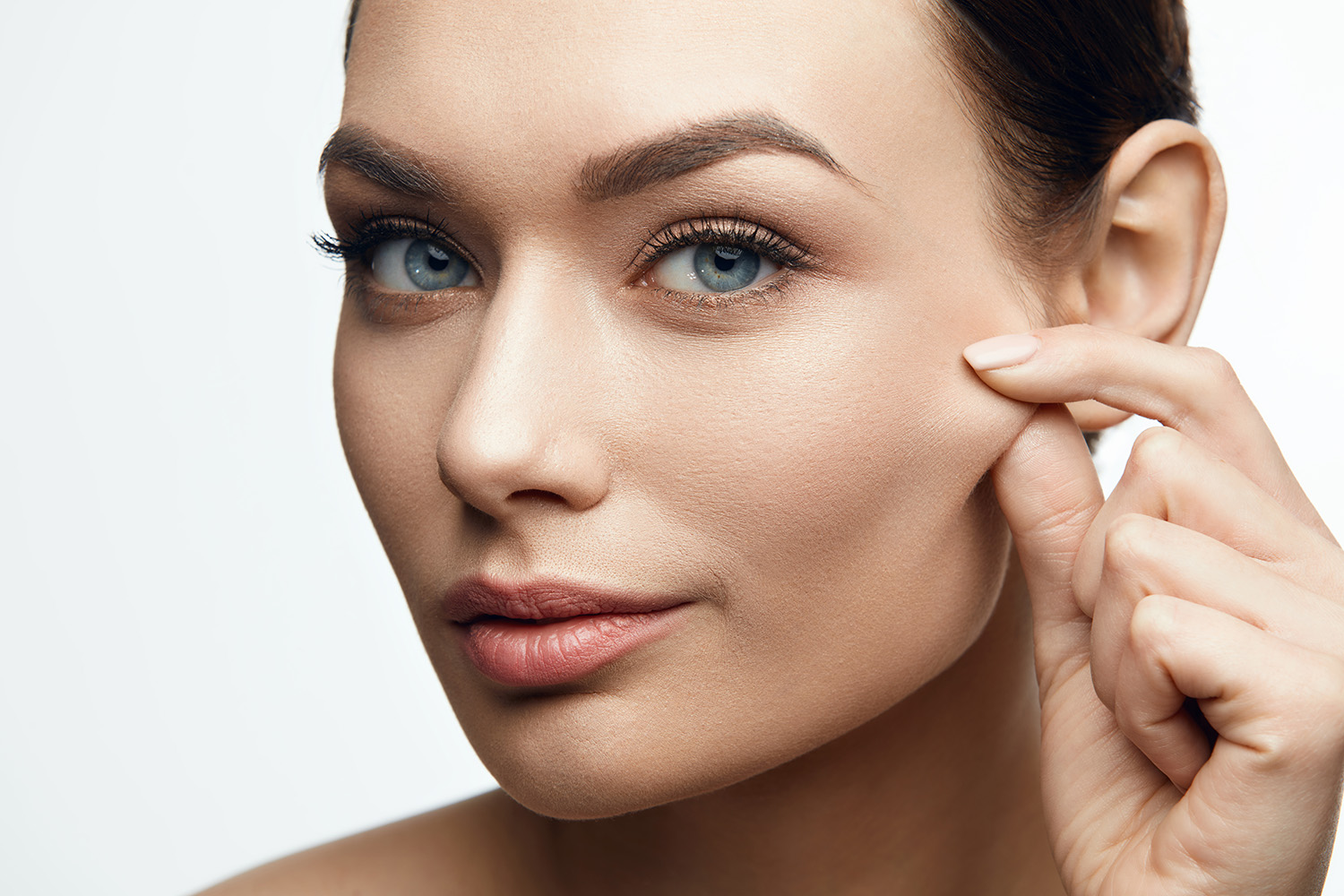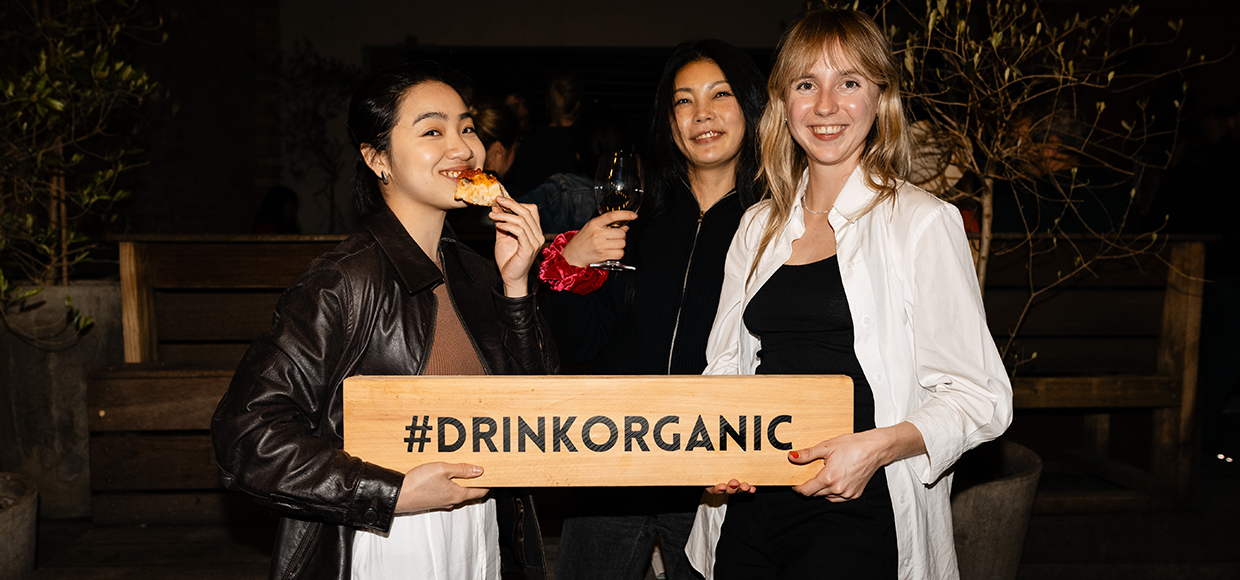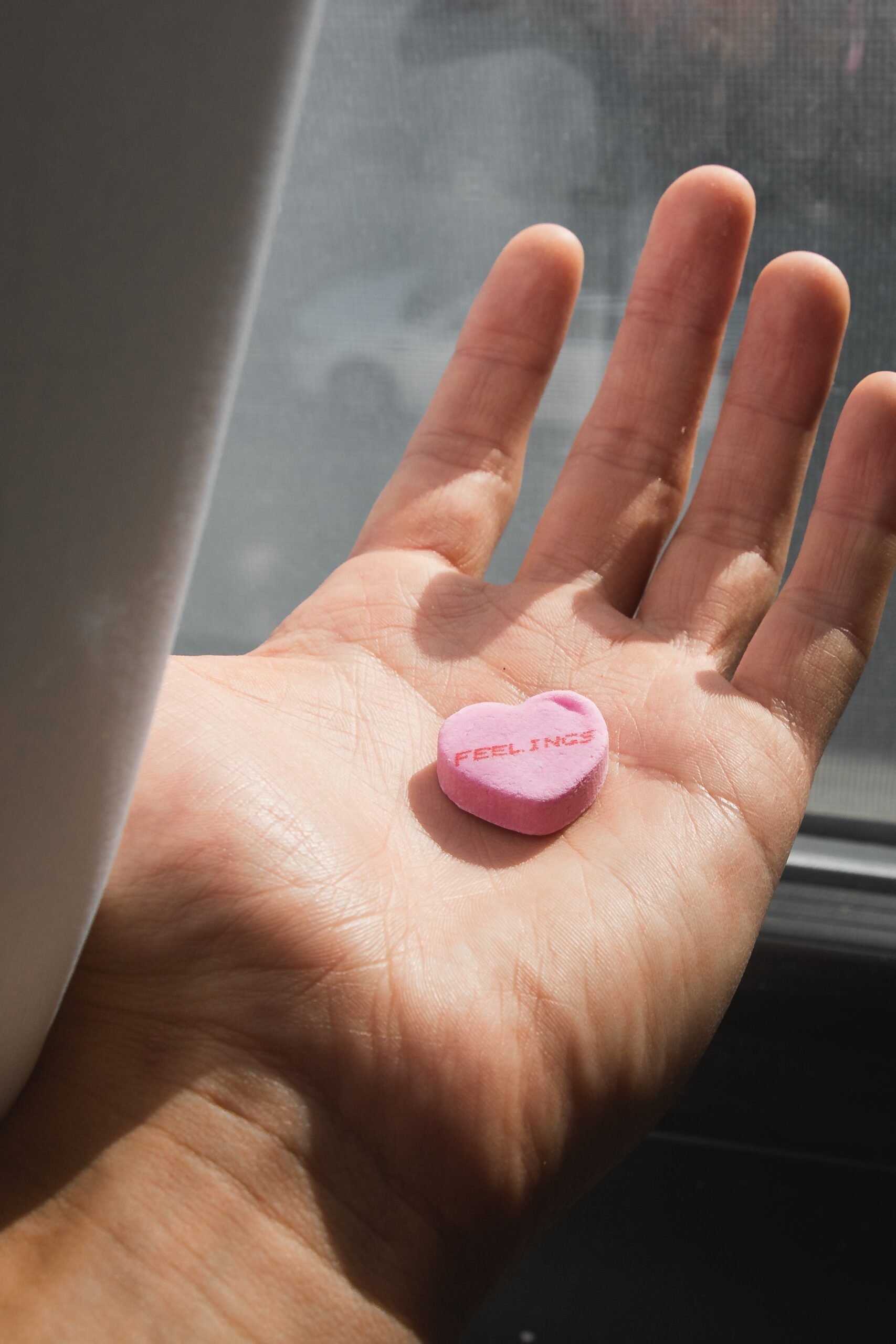The beauty industry loves a trend and something to put under its microscope as the latest ‘must-have saviour’. For the past few years, it’s been collagen with many brands launching their must-have powders to mix with water, juice, coffee or even add to smoothies every morning with the promise of healthier hair, nails and skin. So what is it and is it really worth it?
Collagen is the body’s scaffolding to provide strength and structure. It is the most abundant protein in the human body, mostly found in bones, muscles, skin and tendons. Starting in our 20s we lose 1% of collagen per year, so by the time we are in our 40s and beyond we have lost enough for it to become visible. In fact the pace of loss ramps up around menopause. Skin starts to lose firmness and elasticity, can become saggy and wrinkles are formed more easily. It’s no wonder it becomes top of mind for so many of us.
The promise of rebuilding lost collagen through taking a powder each morning is alluring. But can the body really absorb it and send it out to where it matters?
“There is mixed research on how well collagen powders and pills are absorbed and whether the collagen peptides make positive changes to our skin and other organs,” says naturopath Erin O’Hara. “Collagen in its natural form is difficult to digest because it has tightly packed, long fibres in a unique triple helix structure. To manufacture collagen powders, making collagen easier to absorb and bioavailable to the target organs, chemicals or high heat is applied to collagen to break it down into smaller molecules to produce collagen peptides.”

This is called hydrolyzed and is often seen on the ingredients list of popular collagen powders like BePure, The Beauty Chef, Jeunora, Holski, Two Islands and many more. It’s a good thing but is it enough? The jury is out.
“Collagen is an interesting story,” says Dr Ellen Selkon from Clinic42. “Lots of smaller studies have been done looking at collagen supplements and ageing and while there is some evidence that oral collagen helps with elasticity, skin roughness and improves hydration of skin, it is not compelling evidence.”
Erin agrees and adds that what the research shows is that there is not enough high-quality evidence and clinical studies on whether or not collagen powders are effective or how long collagen takes to see positive changes. Even though the research shows promise, many of the studies come from collagen supplement manufacturers.
Which begs the question of how genuine those studies really are. Still, there are plenty of customers who say that taking their daily dose has shown improvements and they’re happy to keep taking them. Reading customers reviews across brands sites is interesting. Many say they’ve only just started taking it so they haven’t seen huge changes yet but will keep persevering. Some say it’s helped with everything from recovering from Covid to menopausal symptoms. Many claim they notice a difference in their skin and nails when they stop taking it and quickly restart.

“We do have collagen supplements at Clinic 42 that some of our doctors are adamant work and have some evidence behind, but for me, the evidence is not yet where I want it to be to recommend oral collagen supplements to my patients. I don’t have a problem if they take a decent brand that is made in New Zealand or Australia as it can’t harm them,” says Ellen who adds that it really comes down to personal choice.
The human body has at least 28 types of collagen that are crucial in providing mechanical stability, elasticity and strength to tissues and organs. The number type of collagen is what’s most often referred to; type 1 is especially good for improving the appearance of skin, hair and nails and is mostly found in marine collagen. Bovine collagen has amino acids and collagen type 2 which is great for athletes looking to repair muscles and joints. Bovine collagen also has glycine which helps with strength. If you want to take collagen purely for skin, nails and hair then marine is the best.
Since collagen is a protein, keeping a diet high in protein also helps. When we consume protein through food, our body breaks it down into amino acids, which can be reused to make the proteins a body needs. Our body will prioritise organs like the heart, brain or lungs so we need to fuel our body with at least 0.8 grams of protein per kilogram of body weight.
While there is no conclusive scientific evidence to prove that taking collagen supplements will help prevent wrinkles, there is also no harm in taking them. Especially if they are from a reputed brand. And for those who insist that they see a difference, then that’s great and they should do what makes them feel happy and good about themselves.
There are two products we can use, that have got strong data to prove their efficiency, to help improve our skin: sunscreen and retinoids. Keeping out of the sun is so important, not just for skin cancer prevention but also because one of the biggest contributors to collagen loss is UV radiation. And there is a lot of research to prove that Vitamin A creams are effective. It’s just about finding the right formulation and strength for your skin and that is often prescribed by a specialist rather than over the counter.
“I prefer injectable hydration in the form of Profhilo which is made up of 2 different types of hyaluronic acid and has good evidence behind it to show improvements in hydration and elasticity or topical creams such as vitamin A (Retinol) which has lots of good evidence behind it,” says Ellen who has seen huge improvements in her patients using these methods.





